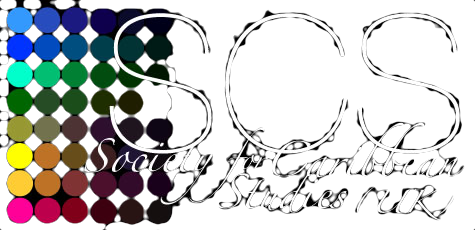
Whitfield, Esther
Associate Professor of Comparative Literature and Hispanic Studies @ Brown University
Bio
Esther Whitfield is Associate Professor of Comparative Literature and Hispanic Studies at Brown University. She is author of Cuban Currency: The Dollar and ‘Special Period’ Fiction (University of Minnesota Press, 2008); co-editor with Jacqueline Loss of New Short Fiction from Cuba (Northwestern University Press, 2007) and with Anke Birkenmaier of a collection of essays on post-1989 Havana, Havana Beyond the Ruins (Duke University Press, 2011); and editor of a critical edition of Antonio José Ponte’s Un arte de hacer ruinas y otros cuentos (Fondo de Cultura Económica, 2005). She has published articles on literary writing in post-Soviet Cuba; Welsh writing in Patagonia; and borders, surveillance and cultural production at and around the Guantánamo naval base.
Geographical location :
Research Area and Interest : literary writing in post-Soviet Cuba; Welsh writing in Patagonia; and borders, surveillance and cultural production at and around the Guantánamo naval base
Social Media
Panel(s)
- Summary:
Presentation(s)
- Summary: This paper draws on theories of “walkability,” originating in the work of Jane Jacobs, as these translate and mistranslate to the Caribbean. Prized by urban geographers in a post-pandemic Europe awake to the threat of climate change, and in a U.S.A. devasted by more than half a century of car dependency, “walkability” has a deep history – as well as myriad infrastructural, economic and climatological challenges - in the contemporary Caribbean. Focusing on Puerto Rico and Cuba, the paper addresses different ways in which assertions of “walkability” have intertwined with assertions of sovereignty. Yarimar Bonilla finds negotiations for new forms of sovereignty in a Puerto Rican landscape of disaster wrought by national debt and Hurricane María. Contributing to these negotiations from the cultural field, I suggest, are a series of performative gestures, in post-hurricane art and reggaeton videos, that adopt collective practices of walking to protest infrastructural devastation and restricted access to places, goods and rights. The Cuban Revolution’s assertion of sovereign power in 1959 upended social, economic and cultural institutions but updated little of the country’s physical infrastructure. As a result, walking became a necessary mode of transport, even as it acquired performative dimension through mass marches in the name of the Revolution (and, more recently, against it); and what Lilian Guerra has termed organized “pilgrimages” to symbolic sites. Closing with an analysis of protest walks near the Guantánamo Naval Base, the most contested site of Cuban sovereignty, the paper highlights one dimension of a peculiarly political Caribbean “walkability.”
